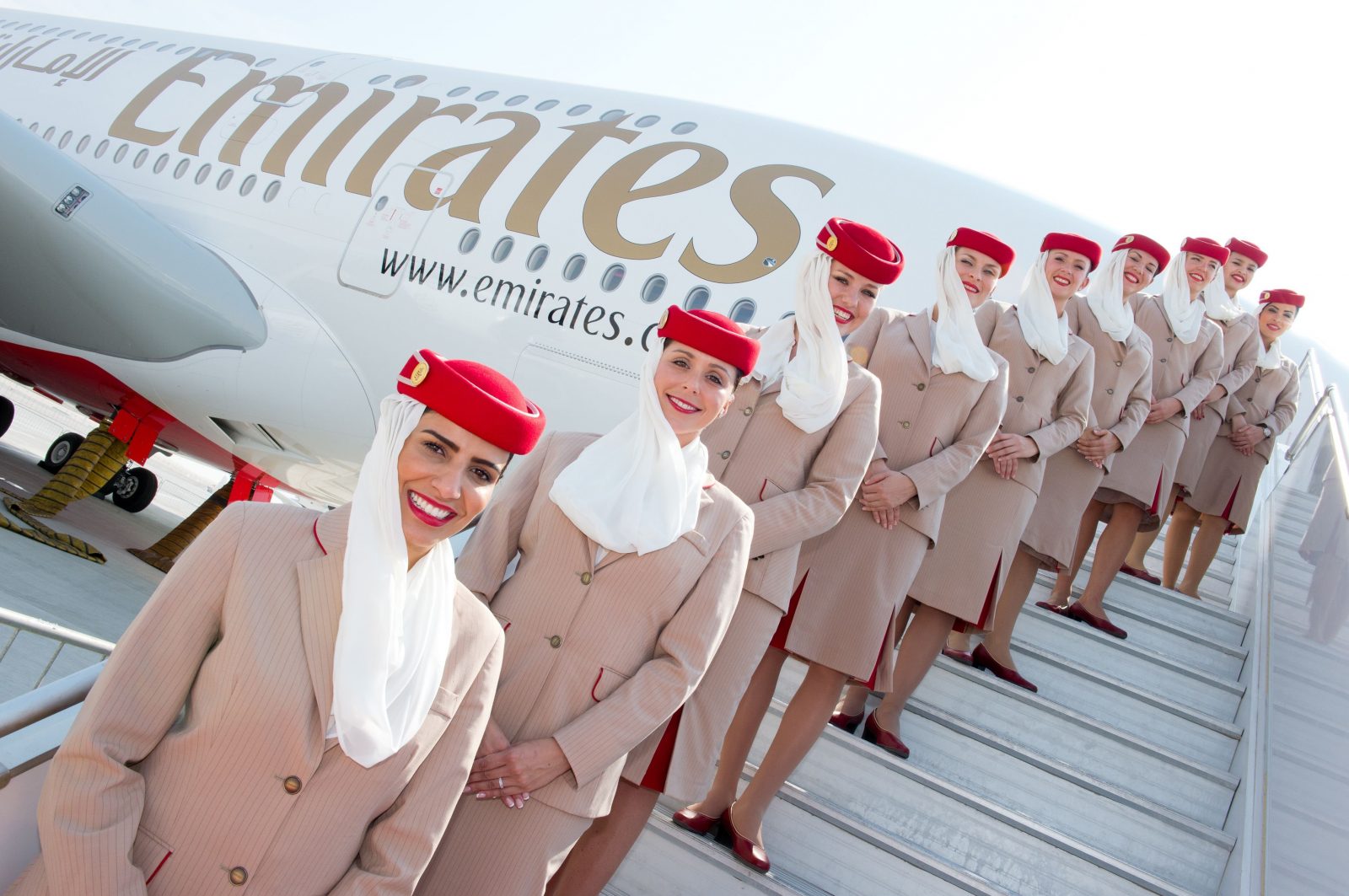
In two highly anticipated and coordinated announcements, the Dubai-based airline Emirates and European aircraft manufacturer Airbus have announced that the A380 project will be shut down by the end of 2021. There has been increasing speculation over the last few weeks that Emirates was planning to cancel part of its outstanding multi-billion dollar order for the double-deck aircraft – such a decision would spell the end of the superjumbo.
There’s been talk for months that Emirates was not happy with the performance of the current Rolls-Royce engines – despite the A380’s economies of scale, the aircraft just can’t compete with the most efficient dual engine long-haul aircraft. Emirates had been pressing Rolls-Royce and competitor engine manufacturer GE to develop a more efficient engine but neither supplier showed much interest.
Emirates threw the A380 project a lifeline last year when it placed an order worth $26 billion at list value for 36 of the aircraft. Today’s announcement, however, confirms that the airline has reached a deal with Airbus to reduce its current total order book from 162 to 123 aircraft. Airbus said it will deliver only 14 more A380’s to Emirates over the next two years before closing down production by the end of 2021.
“As a result of this decision we have no substantial A380 backlog and hence no basis to sustain production, despite all our sales efforts with other airlines in recent years. This leads to the end of A380 deliveries in 2021,” explained Airbus chief executive Tom Enders.
Describing the decision as “painful”, Enders continued:
“The A380 is not only an outstanding engineering and industrial achievement. Passengers all over the world love to fly on this great aircraft. Hence today’s announcement is painful for us and the A380 communities worldwide. But, keep in mind that A380s will still roam the skies for many years to come and Airbus will, of course, continue to fully support the A380 operators.”

Emirates has largely made a success of the A380 using it to connect passengers on long-haul flights at its hub in Dubai. The success of Emirates has, in turn, made Dubai International Airport the busiest airport in the world for international passengers and the airport has its sights on taking over Atlanta Hartsfield as the busiest airport in the world for all passenger traffic.
“Emirates has been a staunch supporter of the A380 since its very inception,” commented the chief executive of Emirates, HH Sheikh Ahmed bin Saeed Al Maktoum.
“While we are disappointed to have to give up our order, and sad that the programme could not be sustained, we accept that this is the reality of the situation,” he continued.
Al Maktoum pointed to the many passenger-pleasing features of the Emirates A380 including the First Class shower spa and the popular lounge bar on the upper deck.
“For us, the A380 is a wonderful aircraft loved by our customers and our crew. It is a differentiator for Emirates. We have shown how people can truly fly better on the A380, and Emirates has set the standards for that by introducing customer experiences that are unique to the A380.”
However, Emirates’ relationship with Airbus won’t be coming to a complete end. Confirming rumours which were first leaked by insiders a couple of weeks ago, Emirates confirmed it had agreed to convert some of its A380 orders into next-generation A350’s and A330NEO’s.
In a deal worth $21.4 billion at list value, Airbus will now deliver 40 next-generation A330-900 NEO aircraft and 30 of its A350-900 aircraft to the airline. Emirates was previously a large operator of the A330 but retired the last remaining aircraft it had in the fleet in 2016.
It’s still unknown whether the deal will jeopardise a separate deal Emirates penned with Boeing last year for 40 its 787-10 Dreamliner aircraft valued at $15 billion although some analysts believe the A330 agreement could well spell disaster for Boeing. The Boeing 787-10 is designed for medium-haul routes and in today’s announcement, Emirates says its A330’s will be used on regional routes – the synergies and similarities in the two deals offer a lot of clues.
The A350’s, Emirates says, will be used to “provide flexibility” in capacity on long-haul routes.
Emirates has made a lot of the fact that it currently only operates two types of aircraft – the Boeing 777 and Airbus A380. With the A380 likely to remain in the fleet well into the 2030’s the airline’s fleet and passenger experience is going to get very varied, although it seems Emirates is at least realising that huge aircraft just isn’t appropriate for shorter flights.
The decision by Airbus to pull the plug on the A380 project is likely to result in thousands of job losses across Europe. The aircraft manufacturer said in a statement that it had started a dialogue with employees and hoped some would be able to transfer to A330 and A350 production lines.
Mateusz Maszczynski honed his skills as an international flight attendant at the most prominent airline in the Middle East and has been flying ever since... most recently for a well known European airline. Matt is passionate about the aviation industry and has become an expert in passenger experience and human-centric stories. Always keeping an ear close to the ground, Matt's industry insights, analysis and news coverage is frequently relied upon by some of the biggest names in journalism.







